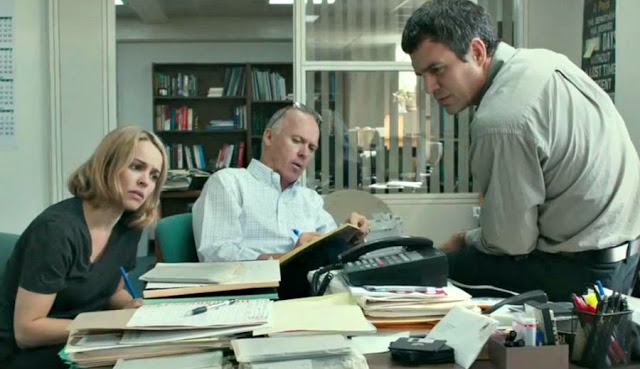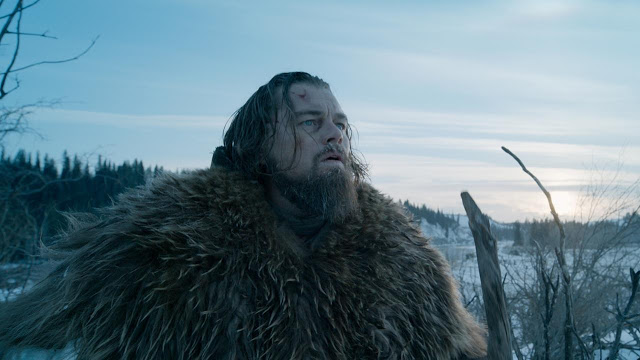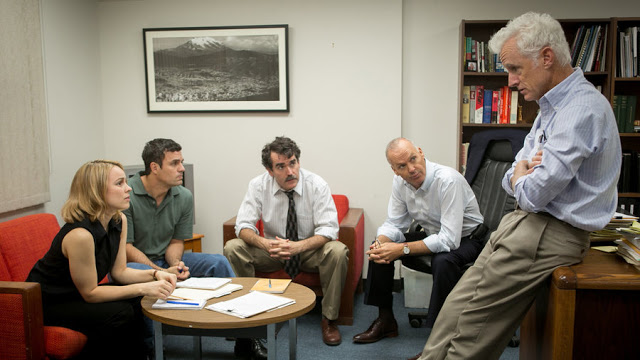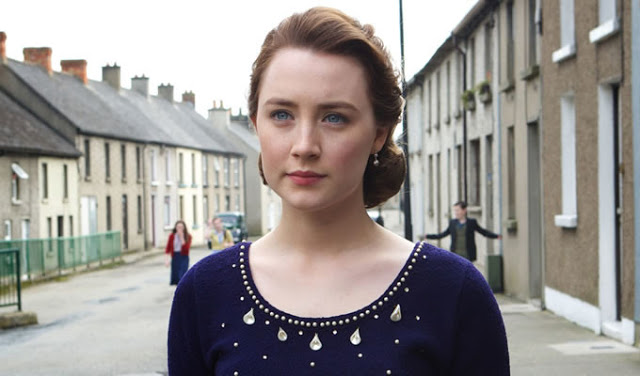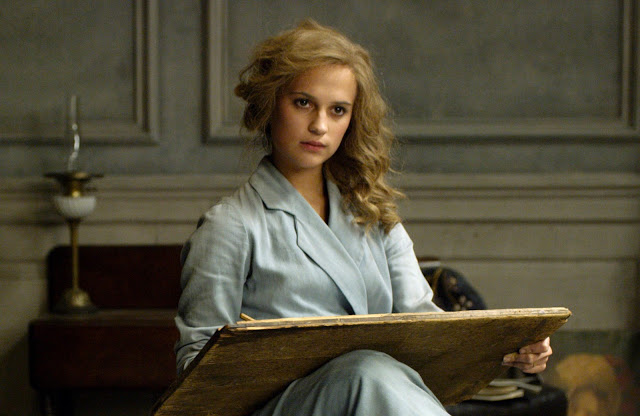Oscars 2015 Recap: Spotlight Stuns in a Weird, Wacky Night
When I recap the Oscars every year, I always remind readers that I’m a movie critic, not a fashion/gala/whatever-the-hell-the-Oscars-are critic. So I can’t pretend that I’m qualified to analyze the 88th Academy Awards, or Chris Rock’s performance in hosting it. I’ll just say that hosting the Oscars is an awkward job in general, but this year it was an especially tricky task, given that controversy swirling around the white-washing of the nominations. Rock had to chastise the Academy for its biases while simultaneously ensuring that he didn’t lose the audience’s goodwill.
It’s a tightrope that he walked reasonably well, even if it resulted in a performance that featured more barbs than laughs. Rock made it clear that he wasn’t especially happy to be there, which gave his opening monologue—so typically a rote exercise in congratulatory back-slapping—some unpredictable juice. (His most caustic zinger: his promise that the annual “In Memoriam” montage would exclusively comprise black people murdered by police on their way to the movies.) Yet as the show went on, Rock’s act wore somewhat thin, and his obligatory attempts to rub elbows with the celebrities—as in the limp extended bit involving Girl Scout cookies—fell flat. (I also wonder if Rock will receive flak from other minority groups for focusing his ire exclusively toward the lack of representation for black actors, which would be quite the irony.) But again, hosting the Oscars is hard, and if Rock lacked the charm and improvisational gifts required of a great host, he was at least appropriately transgressive.
On to the movies. This year, the Manifesto went just 16-for-21 (76%), a step down from last year’s 17-for-21 performance. That brands me a poor prognosticator, which is just fine with me; I’ll happily trade some predictive cachet in exchange for some legitimate surprises.
On to a quick recap of the show, with the awards listed in order of their presentation: Read More

